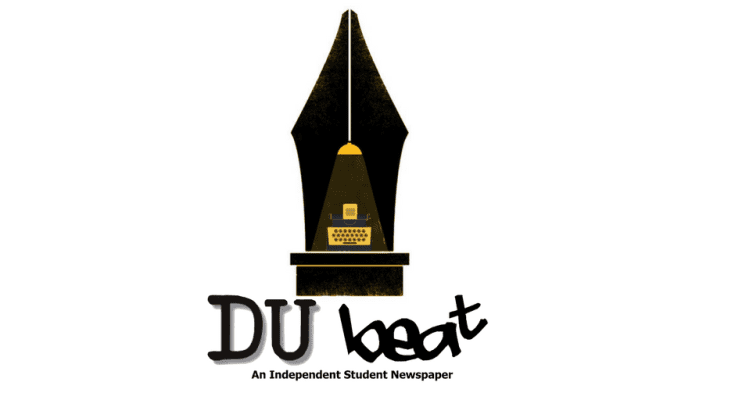For the first time in two years, Delhi University has decided to revert back to its traditional methods of Sports and ECA quota admissions. Here’s the new (old) procedure.
Traditionally, Delhi University has always offered prospective students a chance to use their extracurricular skills to boost their chances of admission to one of the most sought after universities in the country. This procedure involved a panel that judged a combination of students’ merit certificates and trial performances to determine the grace marks that the student would receive during cutoff season.
Since the arrival of COVID-19 back in 2020, the varsity chose to rely solely on the judgement of merit certificates as the lockdown and social distancing measures made in person trials impossible. However, this year, the varsity has finally brought back offline trials as a way to judge students as well.
Seats will be offered on the basis of combined ECA merit, which will be calculated by taking 25% of the highest program-specific CUET percentage score of all the programmes in which the candidate has applied, and 75% of the highest ECA score obtained from all the categories in which the applicant has been considered,” – Haneet Gandhi, Dean of Admissions
Candidates who have represented the country on an international level, including the Olympics, Commonwealth Games or the World Cup are classified as Category A candidates. These candidates shall be granted admission without sports trials.
Any other candidates under the sports quota will be required to participate in sports trials conducted by the university. There are a total of 28 sports recognised for the supernumerary sports quota and you can find the full list here.
Procedure:
The procedure is straightforward and largely similar to the one for the admissions process through CUET.
- Visit ugadmission.uod.ac.in and fill the application form.
- Candidates can apply for a maximum of three sports.
- Upload self-attested copies of upto a maximum of 3 Merit/Participation Sports Certificates of the preceding five years between 1st April 2017 to 30th June 2022.
- Candidates are then required to upload the following necessary documents and review the submitted information.
- Select the programs you wish to apply for. The university recommends that candidates choose the maximum number of programs that they fulfil the program-specific eligibility for.
- Confirm program specific CUET merit score.
- Select your program+college combination preferences. Once again, the university recommends that the candidates choose the maximum number of combinations.
- Confirm preferences.
Not all colleges offer the same amount of seats for all sports. It is advised that candidates check if their preferred college makes reservations for their sports here.
75% of the weightage for admissions will be given to in person trial performances and 25% to a combination of merit certificates.
For full guidelines: see Section 21.2, page 43 of this document.
Read Also: Error 404: Sports Education Not Found
Siddharth Kumar









